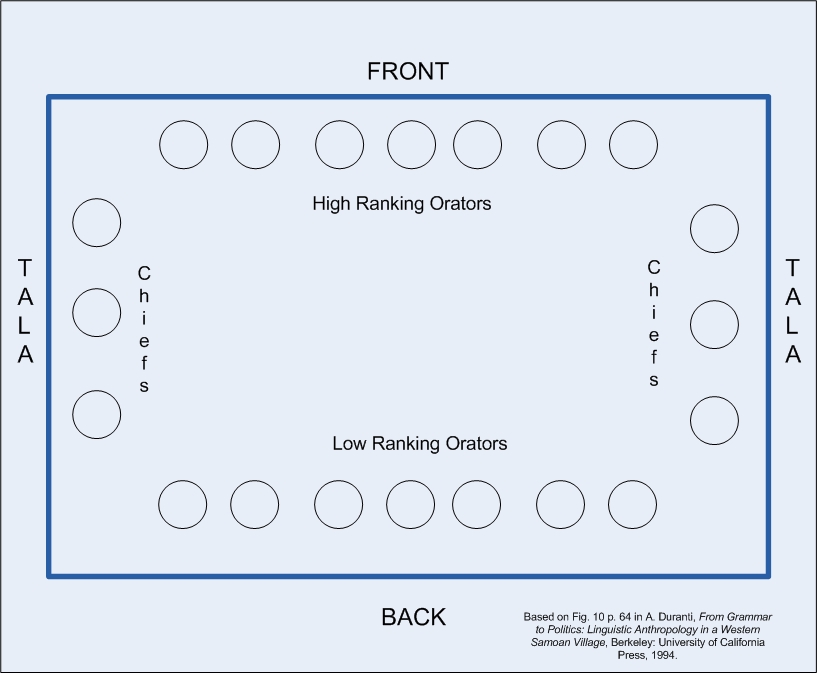Late Night Thoughts
Posted on Fri 12 April 2013 in Rumination • Tagged with economics, heterogeneity, models, systems
[reposted from deadvoles.wordpress.com/]
Social systems are dynamic, internally heterogeneous, and loosely coupled. Some may object to my use of the term ‘system’ and certainly the word has a lot of baggage. By calling something a system, I am merely drawing attention to the fact that it admits descriptions …
Continue reading
 Idealized spatial organization of the fono
Idealized spatial organization of the fono
